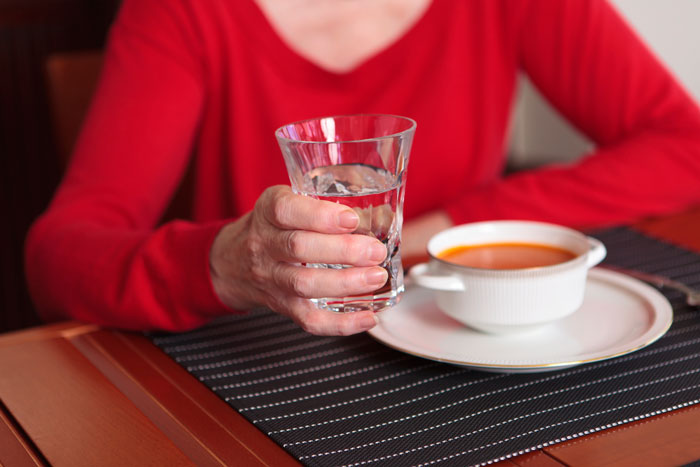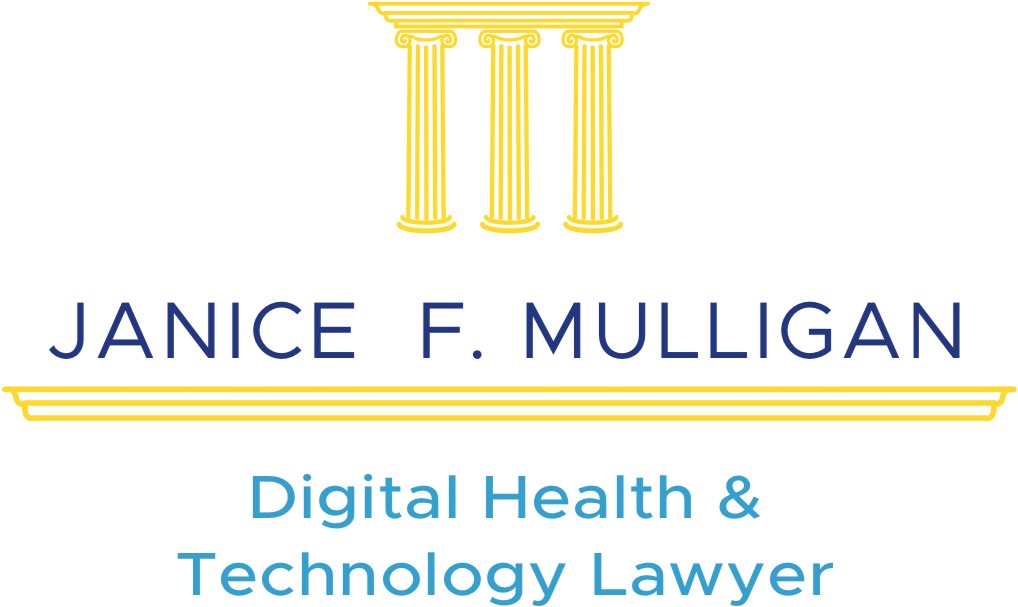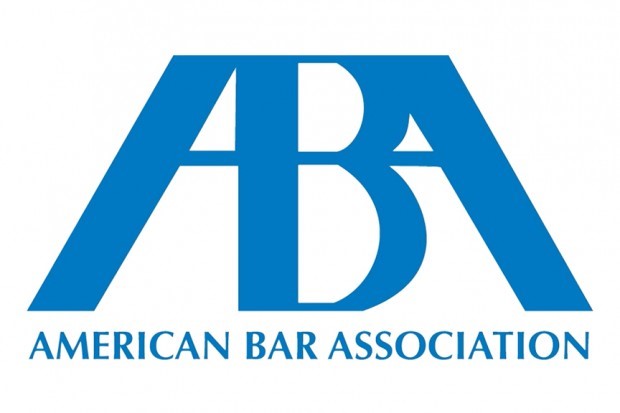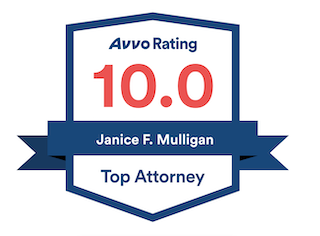Are you seeing signs and symptoms of malnutrition and/or dehydration in your loved one? Is he or she losing weight unintentionally? Appearing confused or lacking concentration? Seeming to have a dry mouth, lips, skin or eyes? Having only small amounts of, and often strong smelling urine? Is he or she suddenly unable to keep warm?
These, and many other signs, are warning flags for malnutrition or dehydration. Speak with nursing staff and the physician assigned immediately to prevent further serious problems.
Although the elderly are at risk for dehydration and malnutrition, these things are not just something which happens in old age, if a person is receiving proper attention. It is critical that these signs and symptoms not be merely dismissed as things that go along with growing old.
Mulligan Law handle cases of egregious neglect involving malnutrition and dehydration. We have many years of experience and are specialists in holding nursing homes accountable in cases of abuse.
There are often multiple reasons behind elderly dehydration or malnutrition. Sometimes, elders cannot voice their own needs, or may not be able to communicate in English. Sometimes, a decrease in the senses of taste and smell makes eating less pleasurable. Elders often need reminders to drink and eat. Often a fever or different medications may result in dehydration.
The factors above can and should be handled. However, most serious cases are a result of inadequate elderly supervision and assistance. Poor training, high turnover and low staffing can contribute to failure to properly feed and provide liquids to residents. This can result in bedsores, seizures, kidney failure and even coma or death. Such failure to attend to residents has been held to be elder abuse.
In a key case in the area, the staff of a nursing home failed to assist an elderly woman with eating and also withheld food and water from her, among other types of physical and emotional abuse. Benun v. Superior Court (2004) 123 Cal.App. 4th 113.
In another case a skilled nursing facility failed to provide adequate pressure relief to a 76 year old woman, dropped her, left her in filthy conditions and failed to provide her with a proper diet, monitor her food intake and assist her with eating as required. County Villa Claremont Healthcare Center, Inc. v. Superior Court (2004) 120 Cal.App. 4th 426.
A well-run home will make a record of what a resident drinks and eats. Responsible staff should be following a doctor’s plan, giving the proper nutrition and calling a physician when there are significant changes in condition. If a home is not charting intake and output, residents are at risk for becoming malnourished or dehydrated.
Please call us if your loved one has suffered from injury or death while at a hospital or nursing home. The California Elder Abuse attorneys at Mulligan Law have the sensitivity, compassion and experience to help you. Please call us at 619-238-8700.












